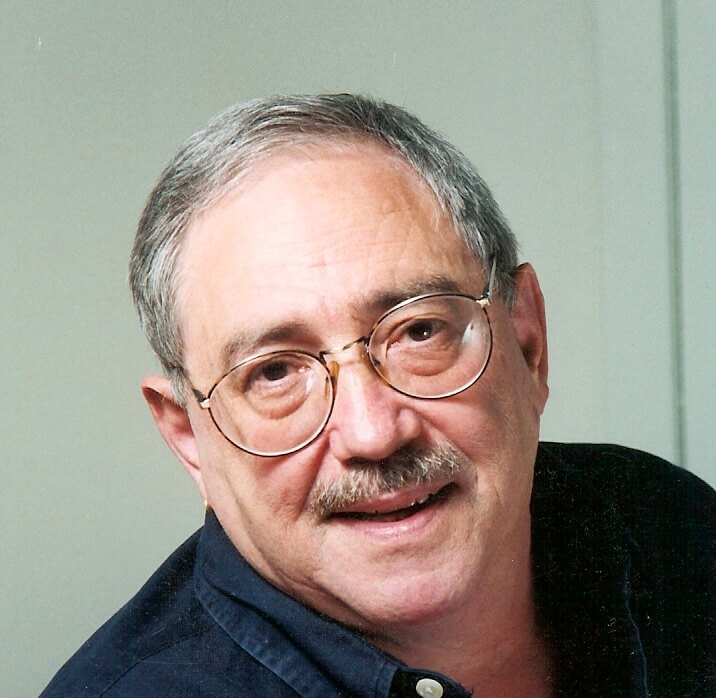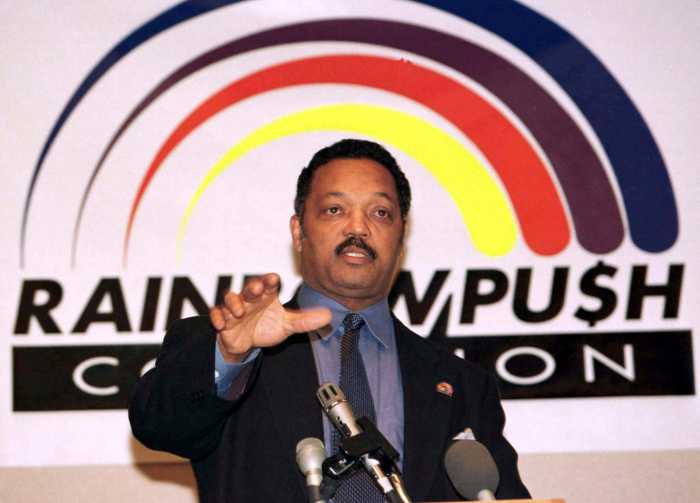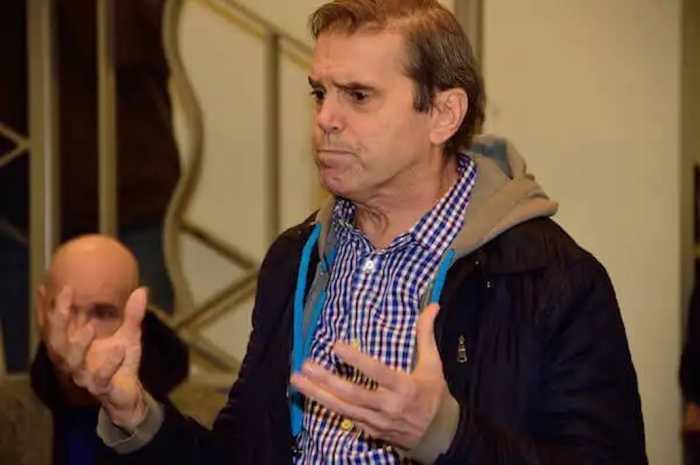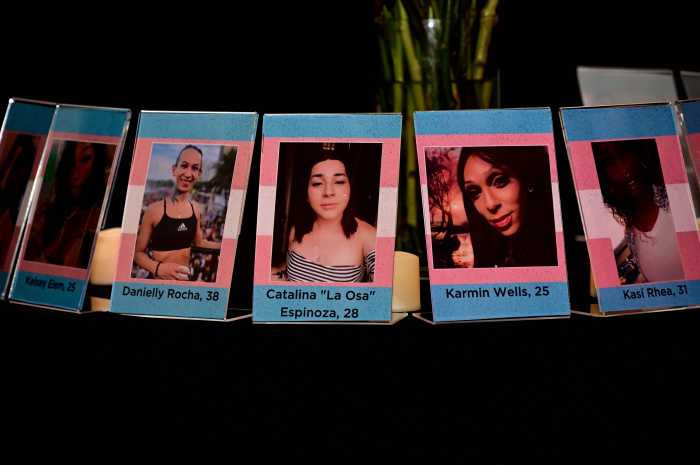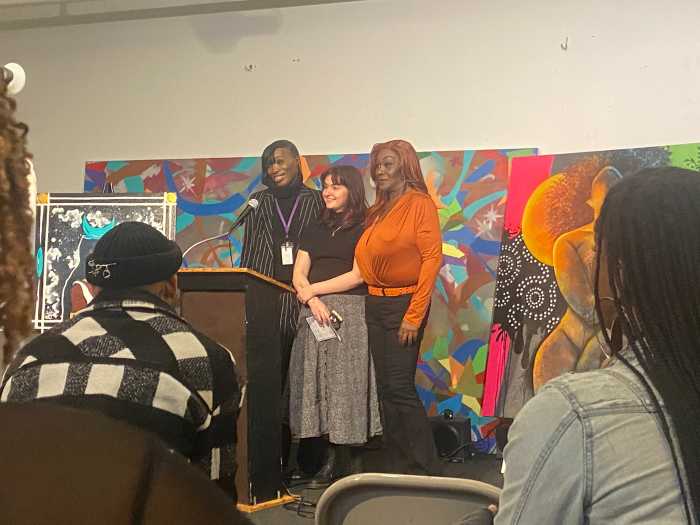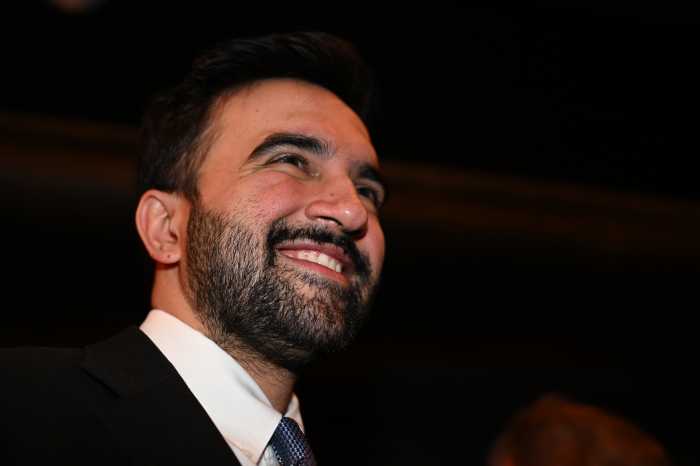Dr. Charles Silverstein, who as just a graduate student at Rutgers played a key role in removing homosexuality from the American Psychiatric Association’s (APA) Index of Mental Disorders in 1973 and went on to make pioneering contributions as a therapist to the mental health of LGBTQ people, died January 30 at his Manhattan home at the age of 87. The cause was lung cancer, his executor Aron Berlinger said.
Born April 23, 1935 in Brooklyn, New York, Silverstein was the son of a truck driver and a homemaker. He went on to become a member of the Gay Activists Alliance in 1972 when it was one of the groups pressing the APA to revise its Diagnostic and Statistical Manual to cease classifying homosexuality as an illness.
“The psychiatric profession was considered to be a ‘gatekeeper’ of social attitudes,” he wrote, “and we were convinced that if we could remove the stigma of homosexuality in medicine, that sodomy laws would eventually fall, and that gay people could make a significant advance toward gaining our civil rights.”
The campaign, which involved such leading gay and lesbian activists of the day as Frank Kameny, Barbara Gittings, Jean O’Leary, Bruce Voeller, Ron Gold, Bernice Goodman, the anonymous psychiatrist Dr. John Fryer, and the non-gay therapist George Weinberg, succeeded at lightning speed through a combination of activist zaps, professional meetings with the APA’s Nomenclature Committee, and the luck of having the sympathetic Dr. Robert Spitzer, an eminent researcher and member of the committee, in the room when activists first confronted shrinks who practiced “aversion therapy” on homosexual patients.
Silverstein told the committee, “To continue to classify homosexuality as a disorder is as valid today as was the diagnosis of masturbation in the 1942 edition. What we hope to convey to you is that we have paid the price for your past mistake. Don’t make it again.” His speech in full was later published in The Journal of Homosexuality, a peer-review academic journal on homosexuality and gender roles that he founded in 1976.
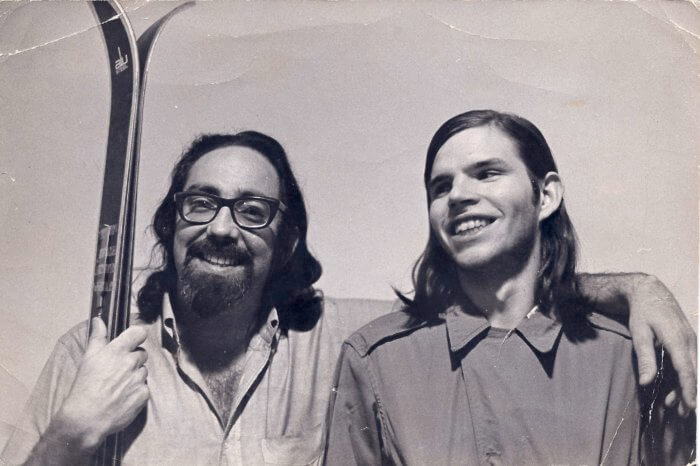
Silverstein went on to become a psychologist and founded, in short order, two organizations promoting mental health for gay people in 1973: the Institute for Human Identity (IHI), which provides LGBTQ+-affirming psychotherapy, and Identity House, an all-volunteer peer counseling service for LGBTQ+ adults working through issues around sexual orientation and gender identity. He also co-wrote, with gay novelist Edmund White, “The Joy of Gay Sex” in 1977 — updating it with another gay novelist, Felice Picano, in 1992.
He authored eight other groundbreaking books, including “A Family Matter: A Parents’ Guide to Homosexuality” (1977). (I first met him when he was the guest speaker at an NYC Parents of Gays meeting that I had sent my own parents to in 1975 after coming out to them.) He also wrote “Man to Man: Gay Couples in America” (1982) and a memoir, “The Ferryman: A Personal History” (2011), dedicated to his friend of 52 years, Ginnie Record.
“I will miss him horribly as we used to get into ‘good trouble’ together — regularly,” Record said.
Bennett Singer, who co-produced and co-directed the Emmy-nominated 2020 documentary “Cured,” about the campaign to get gay people off the illness list at the APA, wrote in an email that getting to know Silverstein “was enormously inspiring to me.”
“After spending seven years going to therapy three times a week in an effort to be ‘cured,’ Charles rejected the illness classification for homosexuality and went on to become a pioneering psychologist who helped transform the relationship between LGBTQ folks and the mental health profession,” Singer recalled. “I was so impressed by his fierce advocacy, which was grounded in his conviction that science could overcome prejudice — and always accompanied by a wry sense of humor and an unshakable belief in the power of community. I feel honored to have known him.”
The documentary includes footage from a 1973 “60 Minutes” segment featuring Silverstein talking “about coming out to his mother on the very same day ’60 Minutes’ arrived to interview him,” Singer said. “It’s poignant and funny and touching.”
The American Psychological Association honored Silverstein with its foundation’s Gold Medal Award for Life Achievement in the Practice of Psychology “for his 40-year career challenging the criteria of social morality as the basis for diagnosing sexual disorders.”
And just last year, the Association for Behavioral and Cognitive Therapies presented him with its Lifetime Achievement Award in Social Justice. His illuminating acceptance speech — paying tribute to his fellow pioneers— can be seen online here:
Out gay psychiatrist Dr. Jack Drescher, Clinical Professor of Psychiatry at Columbia and past president of the Group for Advancement of Psychiatry, wrote, “Although I was not yet in medical school when Charles was already advocating for me, I can say without any hesitation that my career in psychiatry and later psychoanalysis would not have been possible without his contributions. Many of us owe him a deep debt of gratitude — but the wonder of Charles’ generosity was that he never acted like anyone owed him anything.”
Drescher added, “He was courageous, scholarly and a pleasure to be around.”
Lesbian psychologist Dr. Shara Sand reviewed Silverstein’s memoir, citing the book for “his irreverence, refusal to be politically correct, and a sobering reminder of how bad things used to be.”
They became friends. “I was so pleased I got to know this living legend before he passed on,” she wrote.
Tara Lombardo, Executive Director of IHI, wrote, “In his 2011 autobiography, ‘For the Ferryman,’ Charles commissioned us to continue to fight for equality, justice, and liberation for LGBTQ+ people and communities, declaring that ‘…the removal of homosexuality was only a step in our march toward LGBT civil rights. There are many other fields of battle being waged now and our community should join the fight for social change…join them in arguing for a liberal, not moralistic view of human sexuality. I will be there — even if I have to show up in a wheel chair.’ Twelve years later, in the wake of discriminatory anti-trans legislation, banning and censoring queer lived experiences and history in education, and ongoing violence and bigotry against LGBTQ+-identified people, his words could not be more relevant and important.”
Dr. James A. Pollock IV, who said Silverstein was his mentor and supervisor before becoming his friend and who was with him at the end, wrote, “I can say that he died as he lived. He was feisty until the end, frustrated that he was dying.” Silverstein officiated at Pollock’s wedding to Frank Bonura in 2018.
Bill Bartelt, a friend, traveling companion, and neighbor of Silverstein for 25 years, said, “He was very funny and a great entertainer,” famous for his LGBTQ Pride and New Year’s parties “for which he wrote skits to entertain.”
The men married in 2017 and divorced a few years later, but always remained close friends. Silverstein had had a partner for 20 years, William Bory, who died of AIDS in 1993. Silverstein is survived by an adopted son, Shahrukh Khalique, who was his caretaker, and a brother, Robert.

